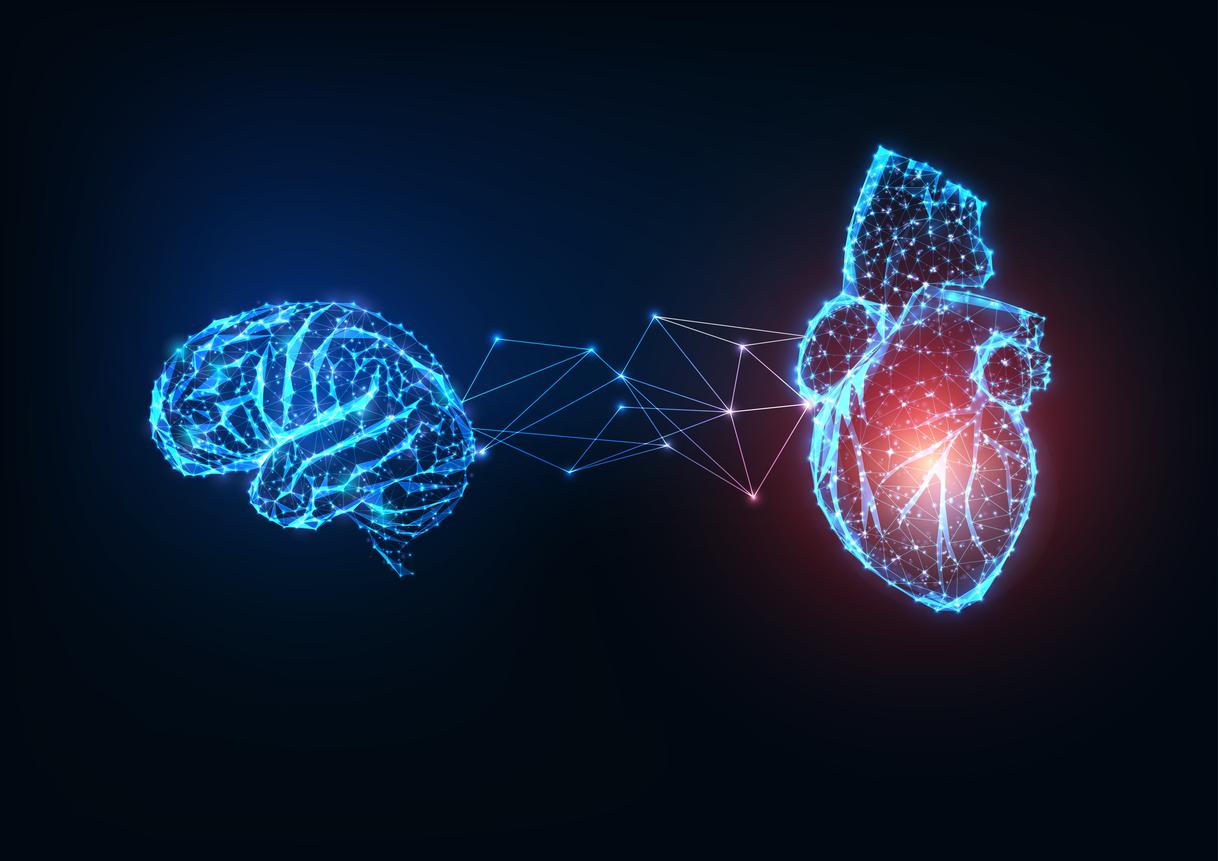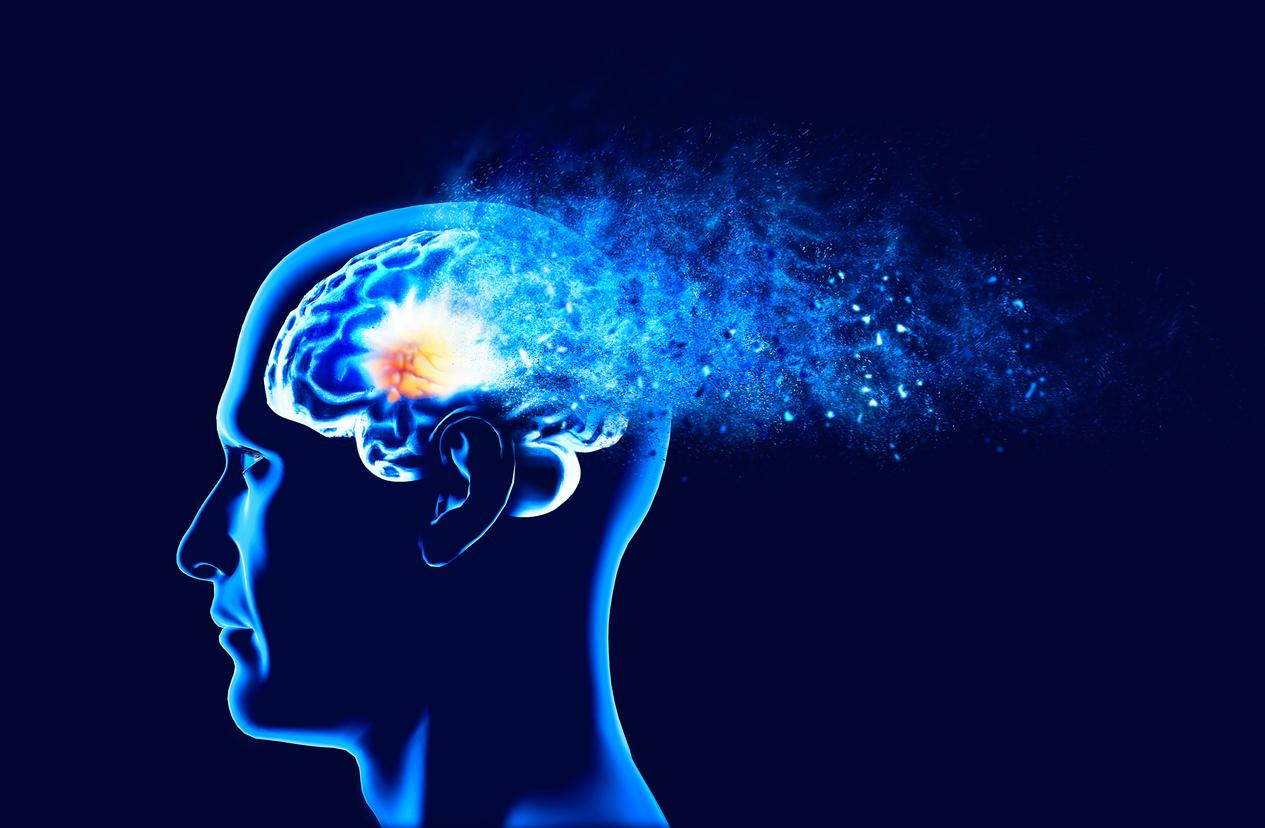Doctors and nutritionists recommend eating sugary products in moderation because they have an impact on health and weight gain. Attention, it could also modify the memory of adolescents, according to the results of a study published in the medical journal Hippocampus. This side effect has been seen in mice.
Researchers from the University of Southern California (USA) carried out a study on rodents to understand the impact on the memory excessive consumption of added sugars by the food industry in many preparations.
They made a liquid sweetened with corn syrup (a sugar added to many industrial preparations) with a high content of glucose, comparable to the sodas most consumed by teenagers. They let young rodents and adults drink this brew ad libitum. Another control group of mice also made up of adults and young drank only water.
They then tested these rodents in a fabricated maze to measure their spatial memory.
The results of this experiment are without appeal. The young mice that drank the sugary drink were the worst at getting their bearings compared to all the other groups of rodents.
Excess sugar alters memory in mice
“This poor performance is possibly due to neuroinflammation in their hippocampus,” explained neuroscientist and study co-author Scott Kanoski. “The hippocampus plays an important role in memory and is frequently damaged in people with Alzheimer’s disease or dementia.”
“So it would seem that a diet rich in sugar can have a cognitive impact, in addition to leading to weight gain and metabolic problems such as diabetes,” concludes the researcher.
If the results of this study are to be confirmed by clinical studies on humans, they allow to ring the alarm bells on the health risks of excessive consumption of sugars in adolescents. Especially since Alzheimer’s disease affects five million Americans and 800,000 people in France. With the increase in life expectancy, this figure is likely to double by 2020.

















